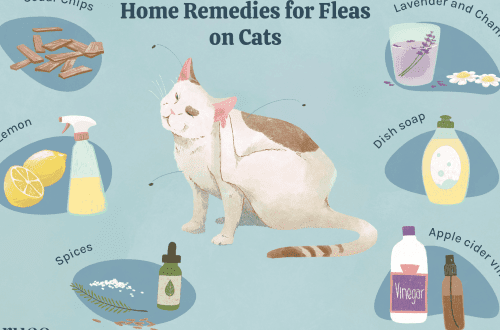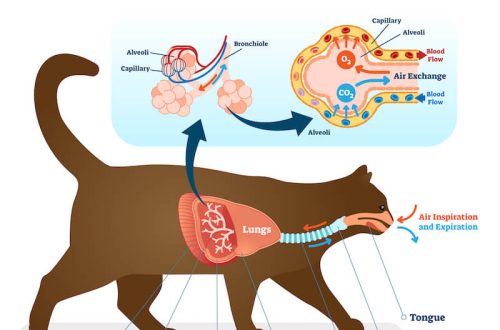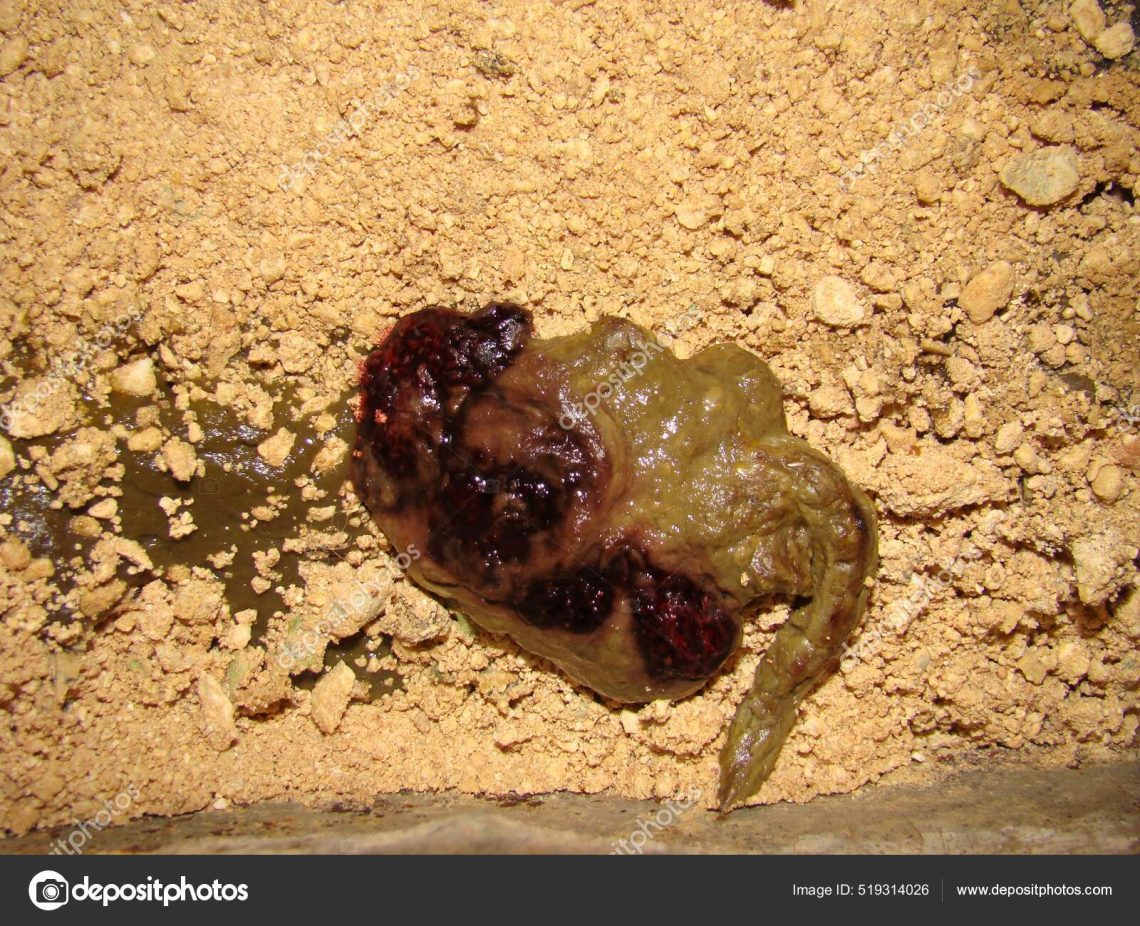
Blood in the stool of a cat
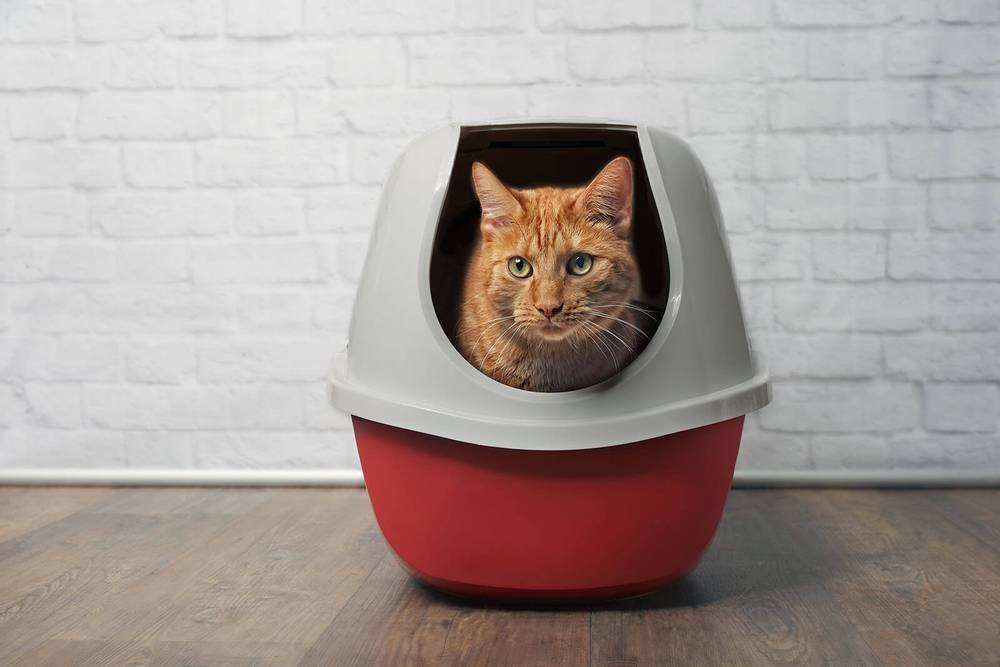
Contents
Blood in Feces Essentials
The main reasons for the appearance of blood in the feces of a cat include gastritis, enteritis, infections, injuries, poisoning.
Depending on the nature and color of the blood, the cause of the disease can be assumed.
Blood in the stool in a kitten is most often found as a result of infection with worms, protozoa or viral infections.
Prevention of the disease consists in proper nutrition, prophylactic treatment for parasites and protection of cats from injury.
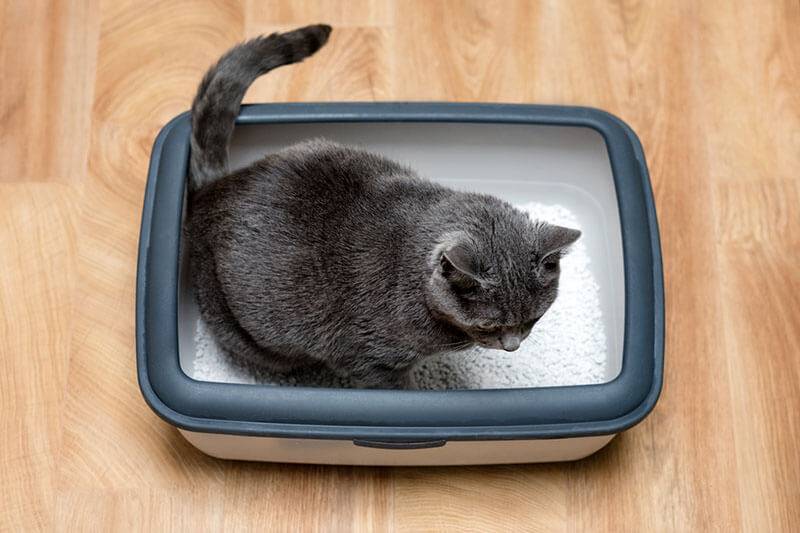
Blood in the feces of a cat: classification
Below we will analyze in detail what blood can be in the feces of a cat and when you should not postpone a visit to the doctor.
Blotches of blood
Blotches of blood in the feces or a small amount of blood from the anus in a cat most often indicate minor damage to the intestines, which can be associated with both the presence of worms and microtrauma. Such intestinal damage may be associated with constipation or the presence of a chronic infection (eg, giardiasis).
Scarlet blood
The presence of large amounts of red blood in a cat’s stool usually indicates severe bleeding in the large intestine. A similar condition can be caused by trauma, a foreign object (for example, when a pet ate a chicken bone), severe constipation, or swelling. In this case, an immediate appeal to the veterinary clinic is required!
Digested blood (black stool – melena)
The presence of dark blood (that is, already partially digested) in the feces of a cat most often indicates the presence of bleeding in the stomach or small intestine, which may be associated with gastritis, the presence of an ulcer in the stomach, duodenitis and other pathological processes in these organs, including number of foreign bodies.
streaks of blood
Blood streaks in the feces of a cat can occur in the same cases as whole scarlet blood, but with less significant damage, as well as with chronic damage to the wall of the large intestine (constipation, tumors).
Causes of blood in the stool in a cat
Let us consider in detail the most likely reasons why a cat or a cat can go to the toilet with blood.
Helminthic invasion
Round and tapeworms are quite common not only in street cats, but also in domestic cats, whose owners neglect preventive treatment. A cat can become infected not only by eating raw meat, but also through infected care and interior items (for example, parasite eggs can be brought into a house with shoes). An accurate diagnosis is made only by fecal analysis (and often several samples are required), as well as by external symptoms: the cat is losing weight, the coat is dull, the stomach may be swollen. Feces can be both normal and liquid, with blood, mucus and sometimes even worms.
Constipation
Constipation as a result of a lack of fiber in the diet is one of the most common manifestations of indigestion, accompanied by blood in the stool in a cat. As a result of overstrain of the rectum and anus, constantly bleeding microtraumas are formed, as a result of which blood appears in the feces. It is worth noting that if there is no stool for more than two days, then the pet must be urgently shown to the veterinarian to exclude the presence of a foreign body or megacolon (pathological expansion of the colon).
Colitis
Colitis and other chronic inflammatory processes in the stomach and intestines are common causes of blood in the stool in cats. These diseases include food hypersensitivity, bacterial colitis, irritable bowel syndrome, and inflammatory bowel disease. With these diseases, the cat usually has diarrhea with blood. These pathologies are quite difficult to diagnose, in addition to blood tests and abdominal ultrasound, a trial diet, trial antibiotic treatment, and even a piece of intestinal tissue for histology may be needed.
Traumatic injury to the intestine
Injuries to the intestines, which in mild cases can cause the cat to poop with blood, and in severe cases – the development of peritonitis, occur as a result of eating bones (especially chicken, fish), foreign objects (various toys or threads with a needle, fish hooks) ), as well as as a result of a car accident or a fall from a height. Diagnosis is usually made by x-ray or abdominal ultrasound.
Neoplasms of the intestine
Tumors of the intestine, such as lymphoma, carcinoma, squamous cell carcinoma, are unfortunately quite common in cats and carry a poor prognosis. With these diseases, the cat will have loose stools with blood. The diagnosis is made according to the results of abdominal ultrasound followed by the delivery of pathological material for histology to confirm the diagnosis, determine the type of tumor and prescribe a specific treatment.
Viral infections
Viral diseases that can occur with the presence of blood in the feces of a cat include coronavirus infection of cats (feline infectious peritonitis) and feline panleukopenia (feline distemper). The diagnosis is made by donating blood and swabs from the rectum for PCR.
protozoan infections
The most common protozoa that can cause blood in the stool in a cat include giardiasis, trichomoniasis, and cytozoonosis. The diagnosis is made by passing fresh feces or swabs from the rectum for PCR diagnostics.
Blood clotting disorders
These processes are most often associated with poisoning as a result of the cat eating anticoagulant drugs, which are often used as a poison for mice. Symptoms of the disease are usually bright – sudden lethargy, apathy, refusal to eat, but the first sign may be that the cat poops with blood.
Kitten with blood in stool
The most common causes of bloody diarrhea in a kitten include:
an unbalanced diet with a low fiber content, leading to constipation and, as a result, damage to the rectum;
the presence of helminthic invasion;
the presence of coronavirus enteritis in cats;
the presence of protozoan parasites (for example, Giardia).
It is worth bearing in mind that kittens have a very fast metabolism, so if a kitten poops with blood, you need to take him to the veterinary clinic as soon as possible!
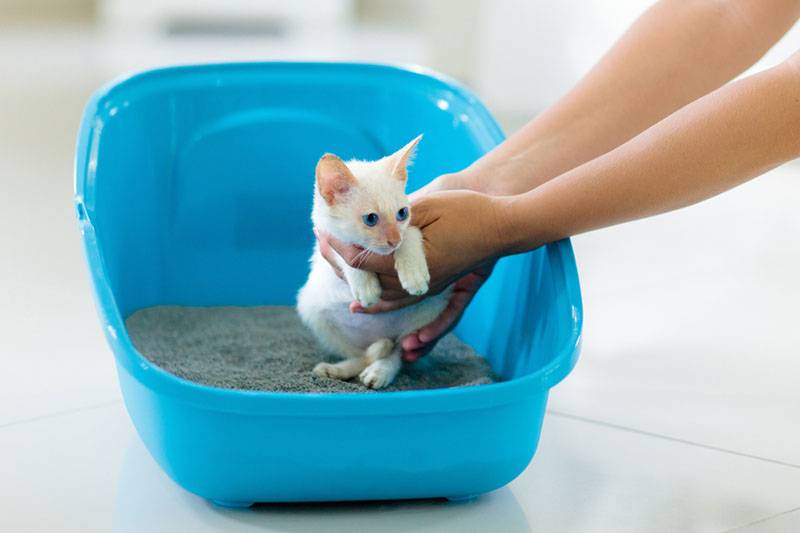
Treatment and assistance to the animal
In order to understand how to help your pet, first of all, you need to contact a veterinarian, conduct a thorough diagnosis and make a diagnosis. There is no symptomatic treatment in this case, first you should find out and eliminate the cause of the disease.
If worms are found in a cat, a series of treatments with modern antiparasitic agents (milbemycin oxime, fenbendazole, emodepsid, praziquantel) is prescribed, it is imperative to treat all animals in the house and repeat this at least twice.
For colitis caused by food hypersensitivity, hypoallergenic diets are prescribed, usually based on protein hydrolyzate.
In case of injuries of the rectum, the presence of neoplasms and other causes, if their prompt elimination is not possible, diets with a high fiber content are prescribed to reduce the density of feces and facilitate their passage through the large intestine. In some cases, laxatives are prescribed on an ongoing basis (for example, lactulose).
In the presence of protozoa, specific treatment is prescribed (drugs based on metronidazole, fenbendazole, ronidazole), depending on the type of parasite, as well as symptomatic therapy.
There is no specific treatment for such viral diseases of cats as coronavirus enteritis and panleukopenia, in these cases, symptomatic treatment and an easily digestible diet are prescribed.
For diseases of the stomach and small intestine, specific therapy is prescribed (for example, for lymphocytic gastritis – hormonal drugs, for antibiotic-sensitive diarrhea – antibiotics, for food intolerance – a diet based on protein hydrolyzate), and gastroprotective drugs (for example, sucralfate) are prescribed as symptomatic therapy. ) and a diet for sensitive digestion.
If a large amount of blood is found, it is urgent to contact a veterinary clinic to help the pet. As a result of blood loss, the pet may develop anemia, which will be manifested by shortness of breath, weakness, poor appetite, and pallor of the mucous membranes. In this case, a general blood test will be required to determine the degree of anemia, as well as a transfusion of donor blood.
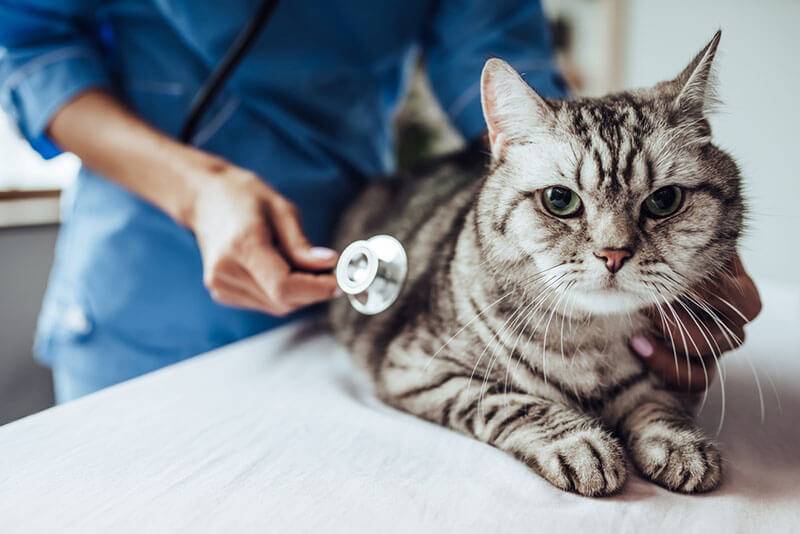
Prevention
Unfortunately, not all diseases are preventable. Therefore, it is very important to contact a veterinary clinic at the first signs of illness in pets for early diagnosis and treatment. But still, it is possible to reduce the incidence of diseases of the gastrointestinal tract, accompanied by the appearance of blood in the feces, by observing some rules for keeping animals in the house:
Regular deworming is very important, even if the cat eats only dry food and does not leave the house anywhere. It is recommended to treat kittens once a month, adult cats – once a quarter. It is not at all necessary to fight the cat and persuade him to swallow the pill – now on the market there is a large selection of drops on the withers that have an anthelmintic effect.
It is advisable not to allow free-range cats without supervision. On the street, cats can fight, get poisoned, get a dangerous and incurable viral infection.
It is strictly forbidden to let cats eat chicken and fish bones, which can easily choke and injure the esophagus, stomach or intestines.
When a cat lives in an apartment, it is imperative to install special protective nets on the windows so that the cat cannot fall out of the window.
In order to avoid the development of diseases of the gastrointestinal tract, including colitis and constipation, proper nutrition of cats is very important. This includes the selection of a suitable industrial food, and if the cat eats a homemade diet, it must be balanced and contain a sufficient amount of fiber. Specialists – veterinary nutritionists can help you choose dry food or make a home diet. You can even do this online – in the Petstory mobile application.
The article is not a call to action!
For a more detailed study of the problem, we recommend contacting a specialist.
Ask the vet
December 25 2020
Updated: February 13, 2021



